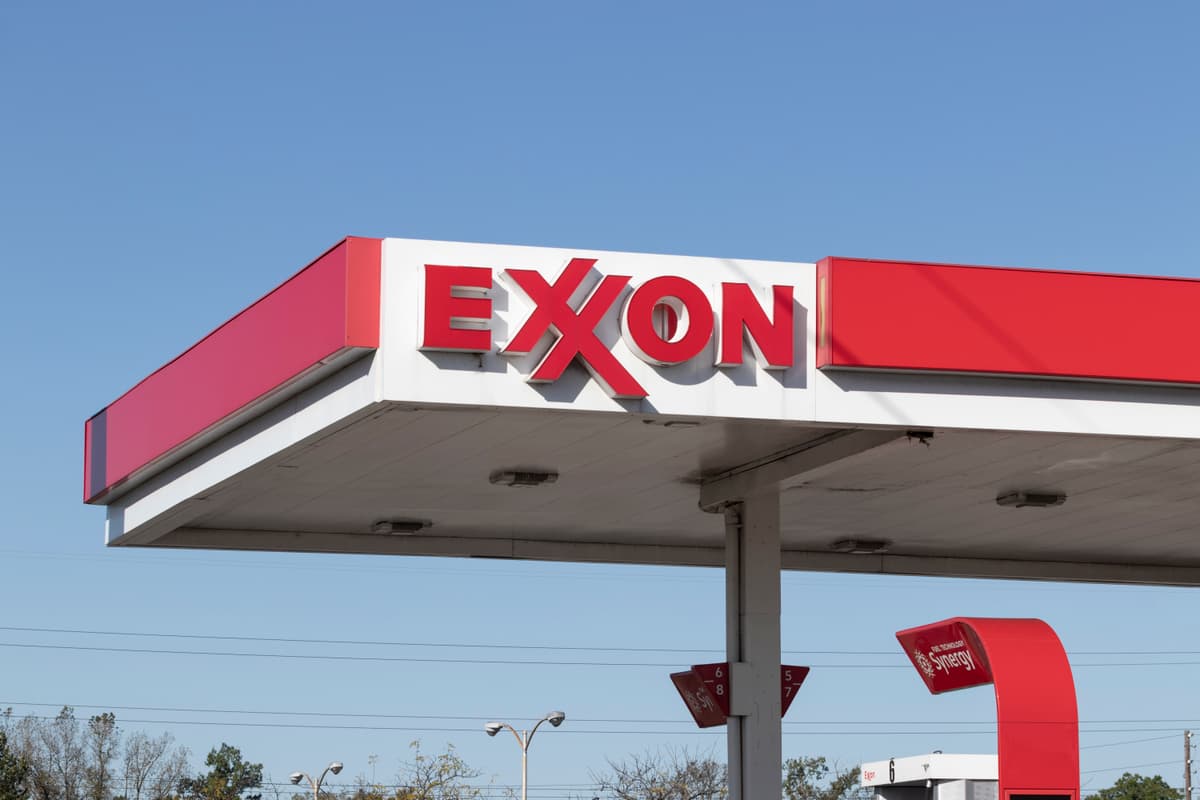Exxon Mobil Emerges as an Unlikely Champion of Free Speech
Oil giant avers in a lawsuit that two California laws aim to force the company ‘to serve as a mouthpiece for ideas with which it disagrees.’

An unlikely champion for Free Speech is emerging on the Coast: Exxon Mobil Corporation. The oil giant avers in a lawsuit that two California laws aim to force the company “to serve as a mouthpiece for ideas with which it disagrees.” The laws, which require companies to tabulate and disclose their carbon emissions, are meant to combat climate change. Yet Exxon Mobil’s suit stresses the state’s real motive: to “embarrass” globe-spanning companies.
More importantly, the company reckons that lawmakers at Sacramento lack power under the Constitution “to use speech mandates” that turn private enterprises into vehicles “for fostering public adherence to an ideological point of view” with which the companies disagree. The company already reports its carbon emissions, it says, but the Coast laws would force it to conform to the state’s political viewpoint in its corporate communications.
Exxon Mobil’s suit follows in the wake of earlier litigation filed by the United States and California chambers of commerce and the American Farm Bureau Federation against the Coast disclosure laws. Both cases, filed in federal tribunals, could find their arguments bolstered by the Supreme Court’s recent decision in 303 Creative v. Elenis. In that case the Nine held that corporations are shielded from state laws that traverse corporate Free Speech rights.
Writing for the six-to-three majority in 303 Creative, Justice Neil Gorsuch scored Colorado for trying “to use its law to compel an individual to create speech she does not believe.” Because the case involved a one-woman design business, the precedent has broader implications for the rights of corporations. The Nine had already in 2010 marked corporations’ rights to political speech in the landmark case of Citizens United v. FEC.
Citizens United, though, was a case in which a company was being restrained from expressing its views. Exxon Mobil, on the other hand, is balking at what its suit calls “compelled speech.” That argument, one can imagine, will require the courts to parse the distinction between state regulation of corporate activity, which is often fair game under the Constitution, as opposed to government intrusion on a corporation’s rights of expression.
Liberals are skeptical of the company’s adoption of the mantle of Free Speech. “The oil company is trying to dodge transparency about its operations, perhaps concerned about how bad these disclosures would make it look,” sniffs the New Republic. A spokeswoman for Governor Gavin Newsom calls it “truly shocking that one of the biggest polluters on the planet would be opposed to transparency.”
This talk, though, equates “transparency” and conformity with leftist orthodoxy. The state’s effort to compel speech echoes an earlier attempt by President Biden’s SEC to force public companies to report their greenhouse gas emissions. That was, West Virginia’s attorney general argued, an attempt by the federal government to deploy “public companies to drive forward its climate agenda.” The rules under President Trump have been shelved.
These columns doubted the SEC’s authority, via its tangle of regulations, to enforce the left’s dogma on climate change. Similarly, California’s attempt to enlist Exxon Mobil and other companies in the liberal crusade against carbon emissions looks like a case of constitutional overreach. As Justice Gorsuch put it in 303 Creative: “Generally, too, the government may not compel a person to speak its own preferred messages.”

